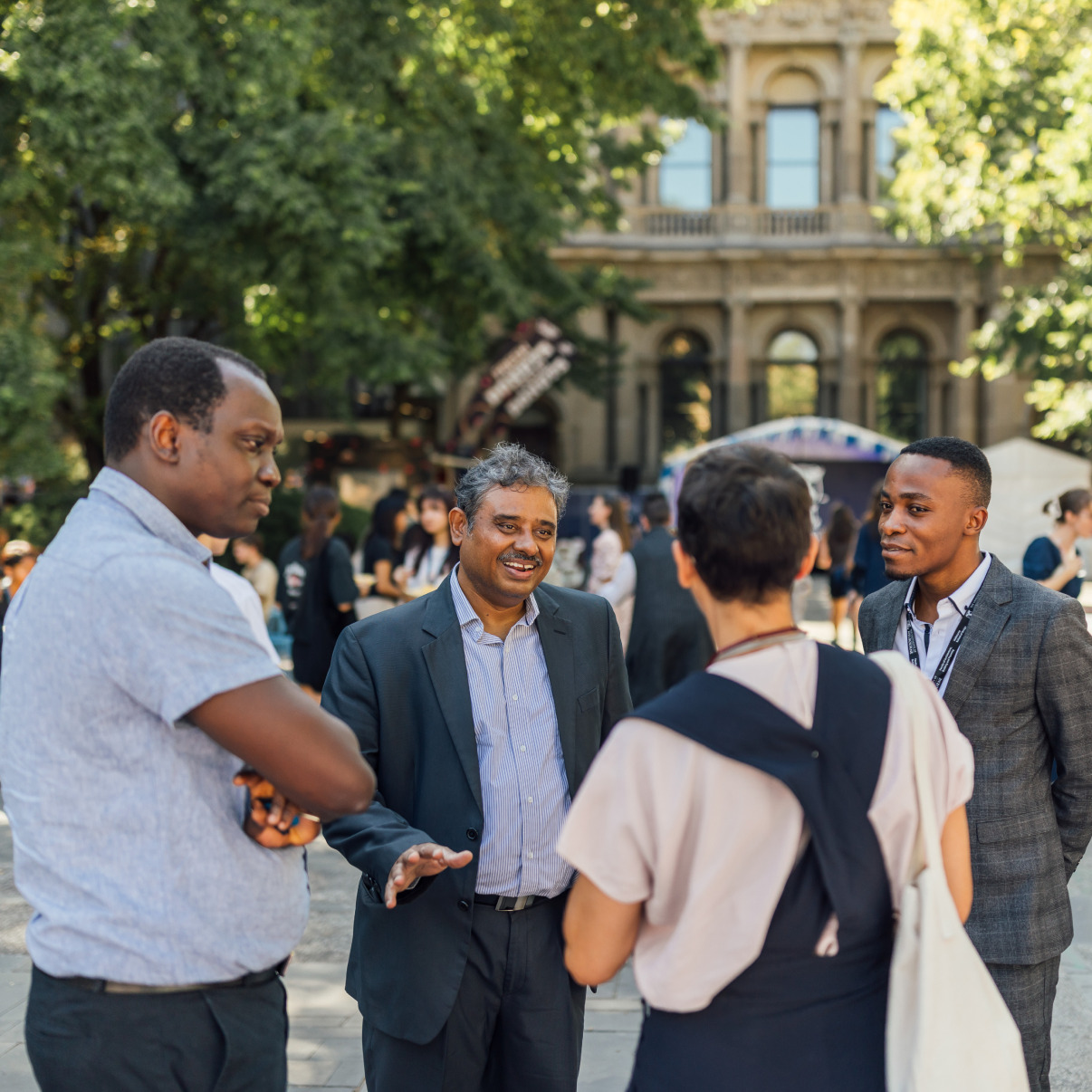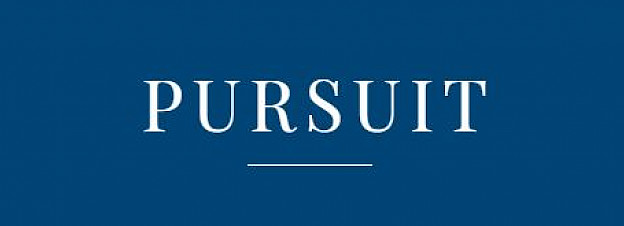
University of Melbourne Events Calendar
Featured events
2025 Ableist Cities Symposium
This free one-day symposium will focus on the theme of Transformative Solutions for Inclusive Development: the role of Innovation in Fuelling an Accessible and Equitable World.
Drawing inspiration from last year’s exploration of spatial justice and the physical and attitudinal barriers faced by individuals with disabilities, this year’s Ableist Cities Symposium intends to hear narratives of individual lived experience or co-designed research.
Emphasizing an integrated approach, the symposium seeks to marry the realms of politics, policy, and practical applications to address the pressing challenges faced in the built environment. In giving voice to these narratives, we aim to ignite conversations that will shape our cities to make them more inclusive, equitable, and accessible for all.
The Ableist Cities Symposium is a collaboration between the Faculty of Architecture, Building and Planning, the Melbourne Disability Institute and the Faculty of Medicine, Dentistry and Health Sciences at the University of Melbourne.
MCF Seminar: The Visual Life of Climate Change
Imagine a foreboding photograph of factory smokestacks pumping out dark clouds of pollution, compared to a photograph of gleaming silver wind turbines in front of an ethereal golden sunset. Both images tell stories about climate change, but can make people feel completely differently about the issue.
In this seminar, Professor Saffron O’Neill (Geography, University of Exeter, UK) presents results from her new book, The Visual Life of Climate Change. She draws on different types of climate images – from photographs to memes – and shows how these are produced, shared, riffed on and repeated across public life. Visual examples are drawn from across the climate space: from mitigation to adaptation, energy to climate science, from climate politics to protest. These examples will demonstrate how the images we use to tell stories about climate change fundamentally shape how we respond to the issue.
The seminar concludes with a call to make climate visuals more representative, equitable and just. Ultimately, Saffron argues that we should look more critically at climate images; and at how they reflect and shape the world around us.



